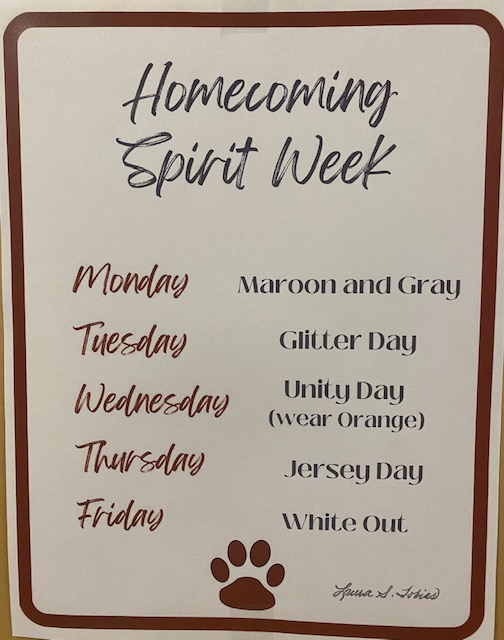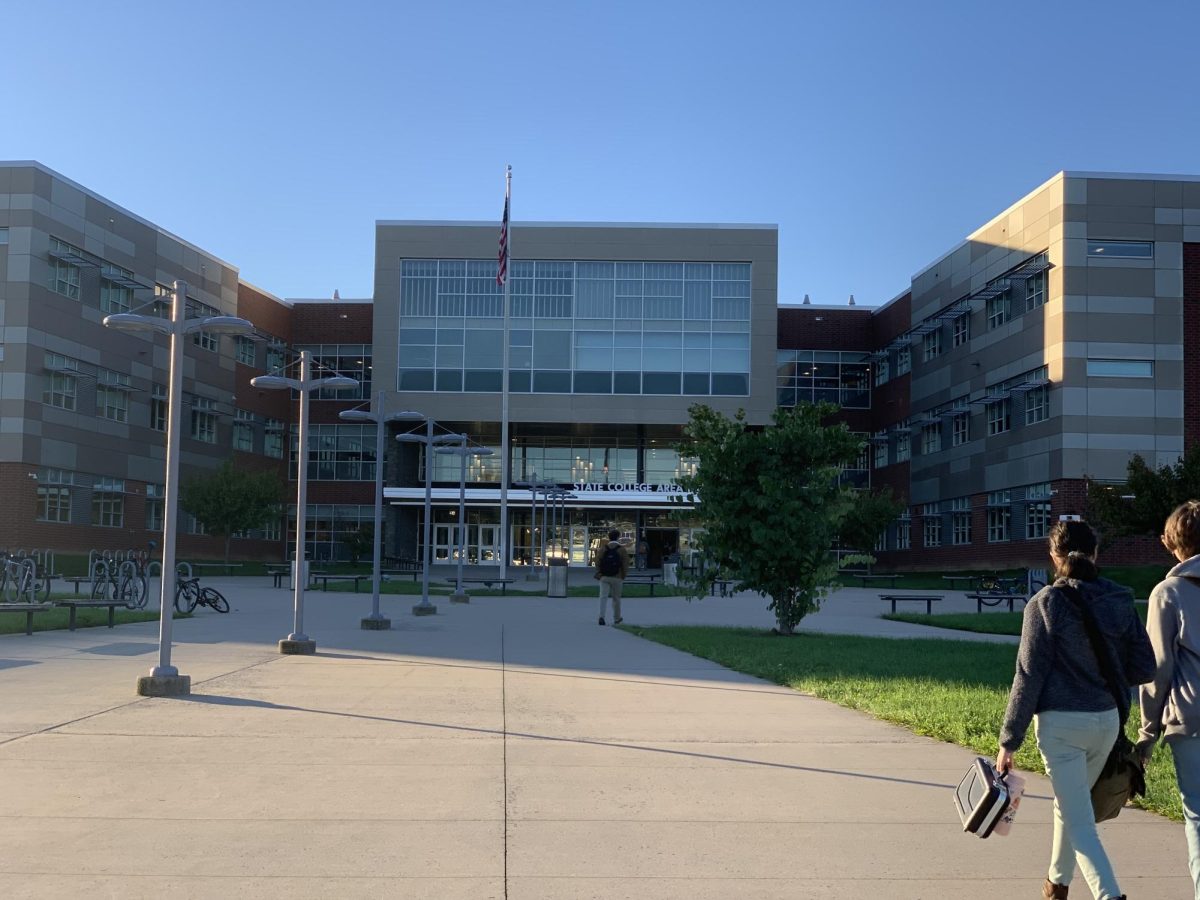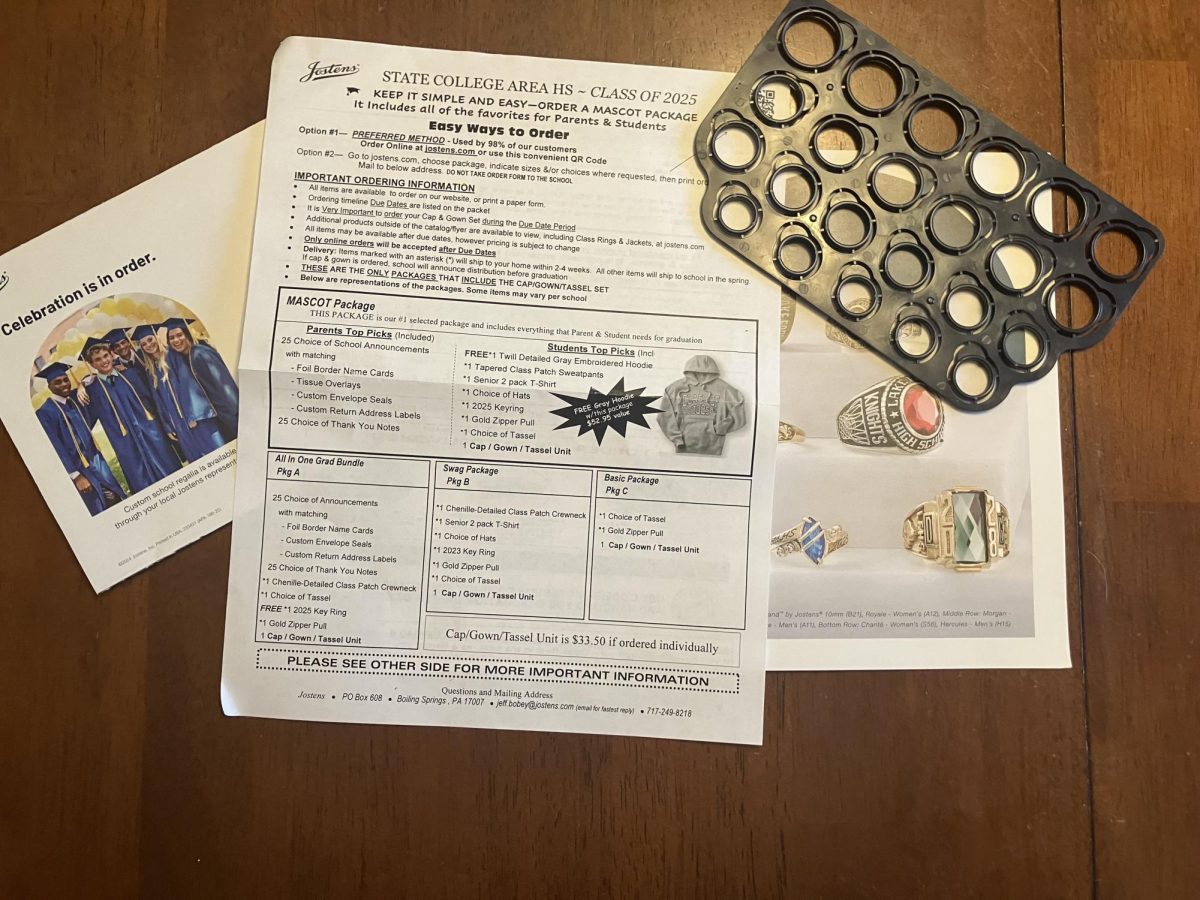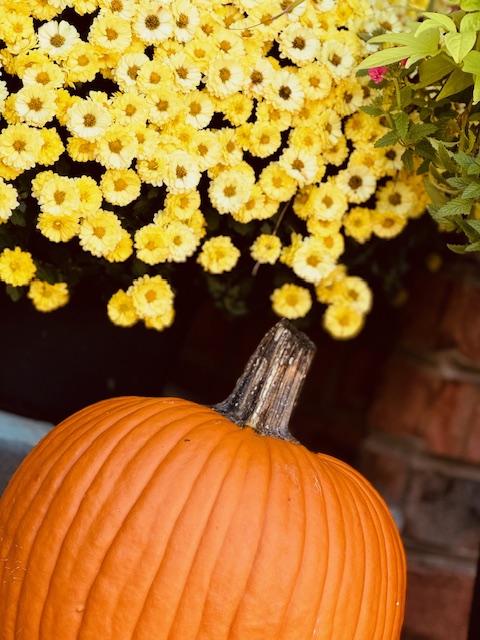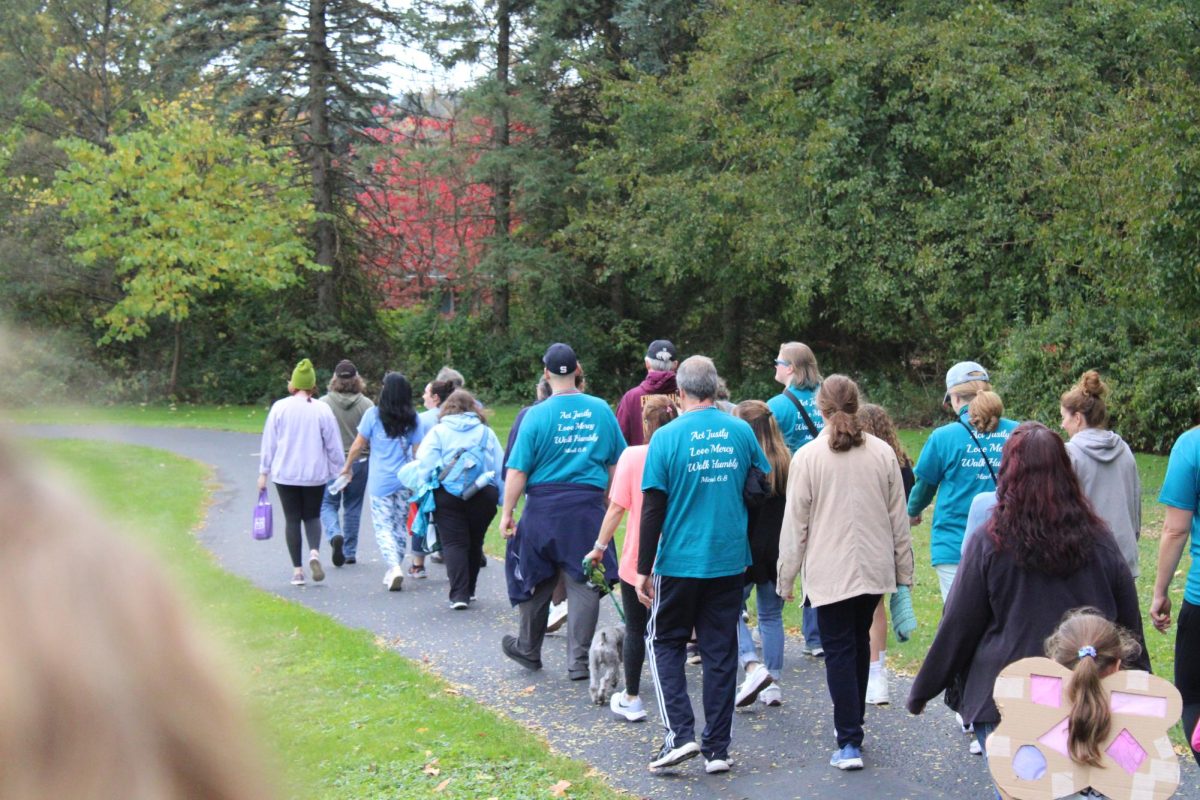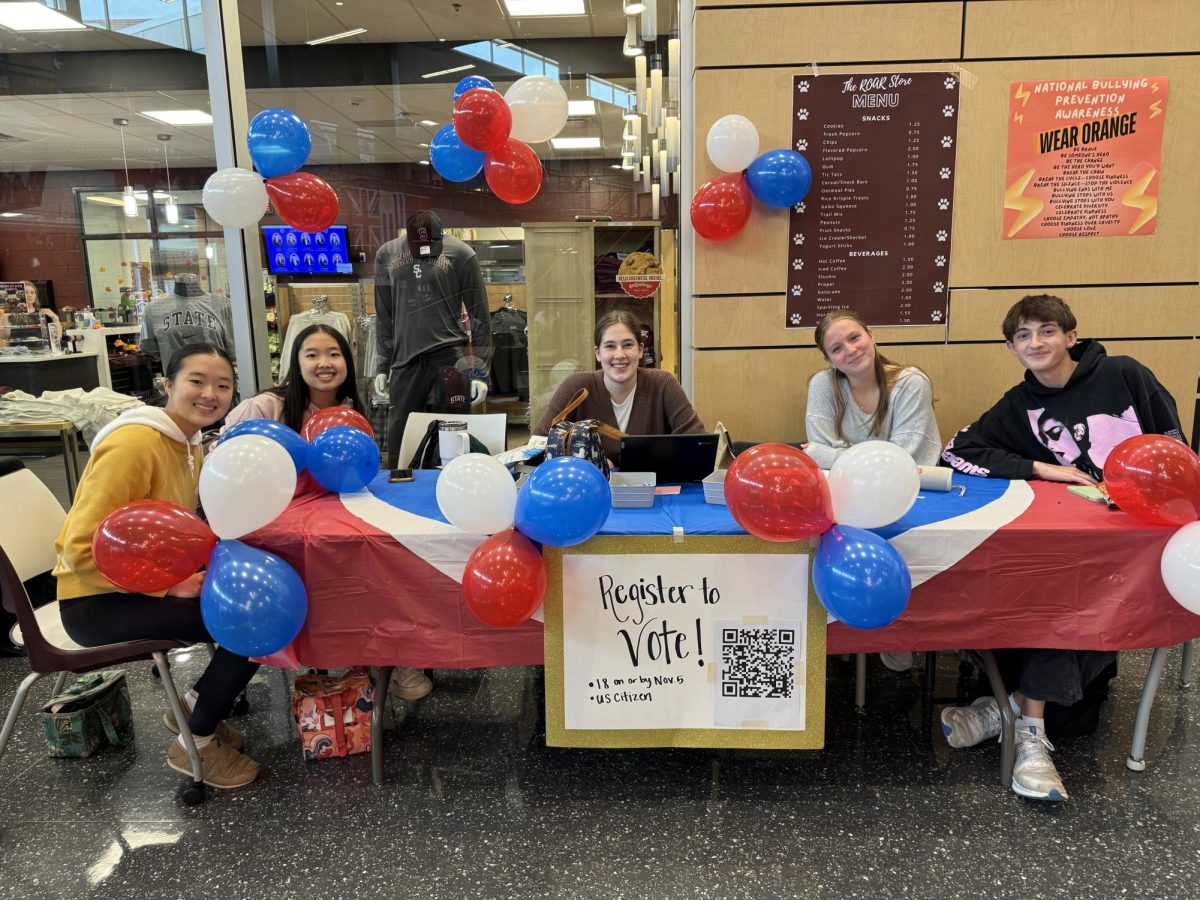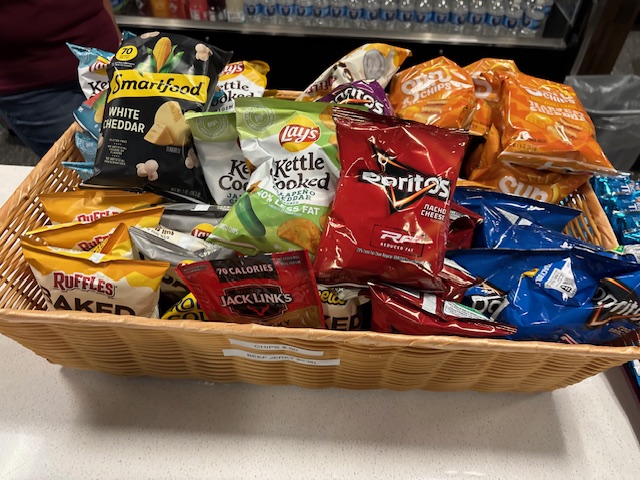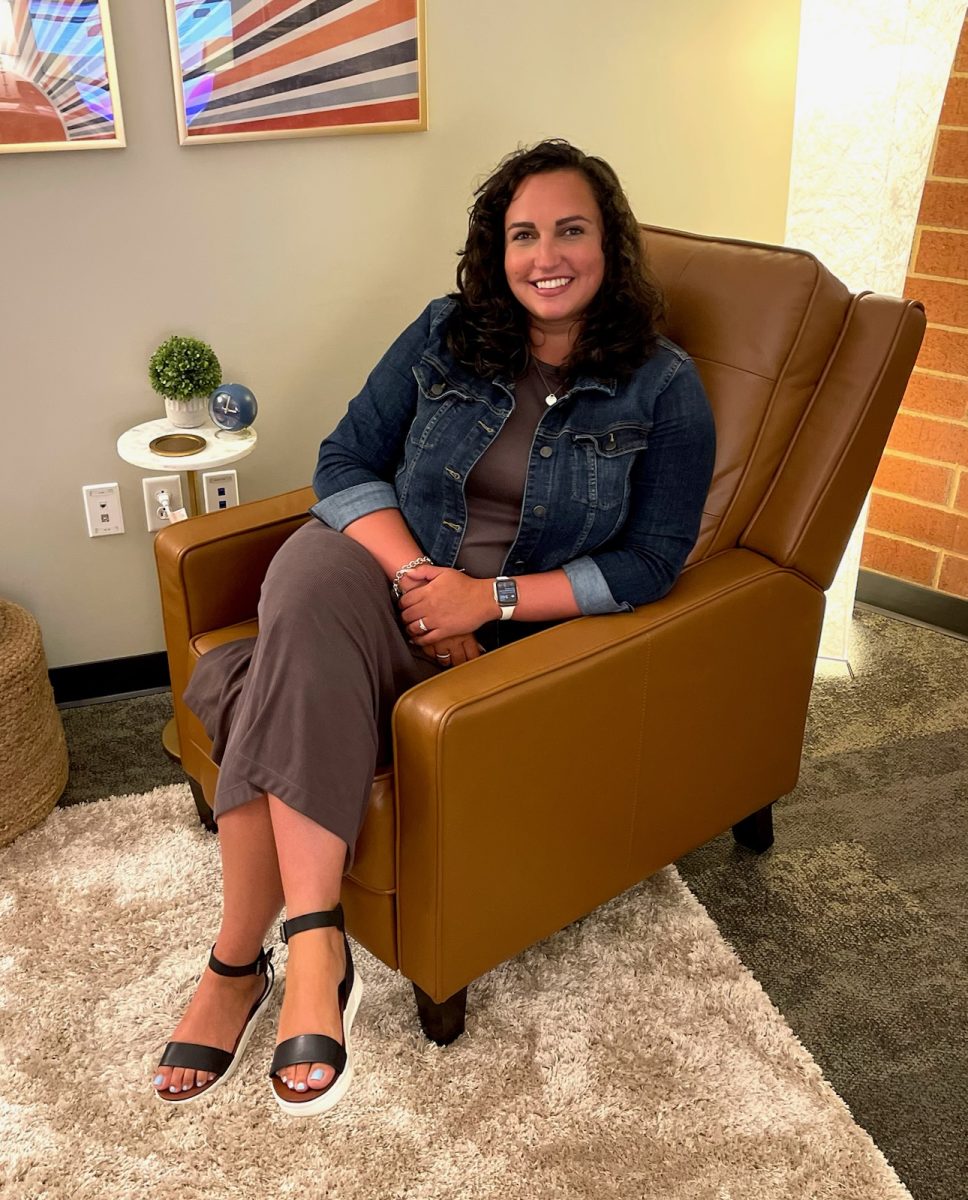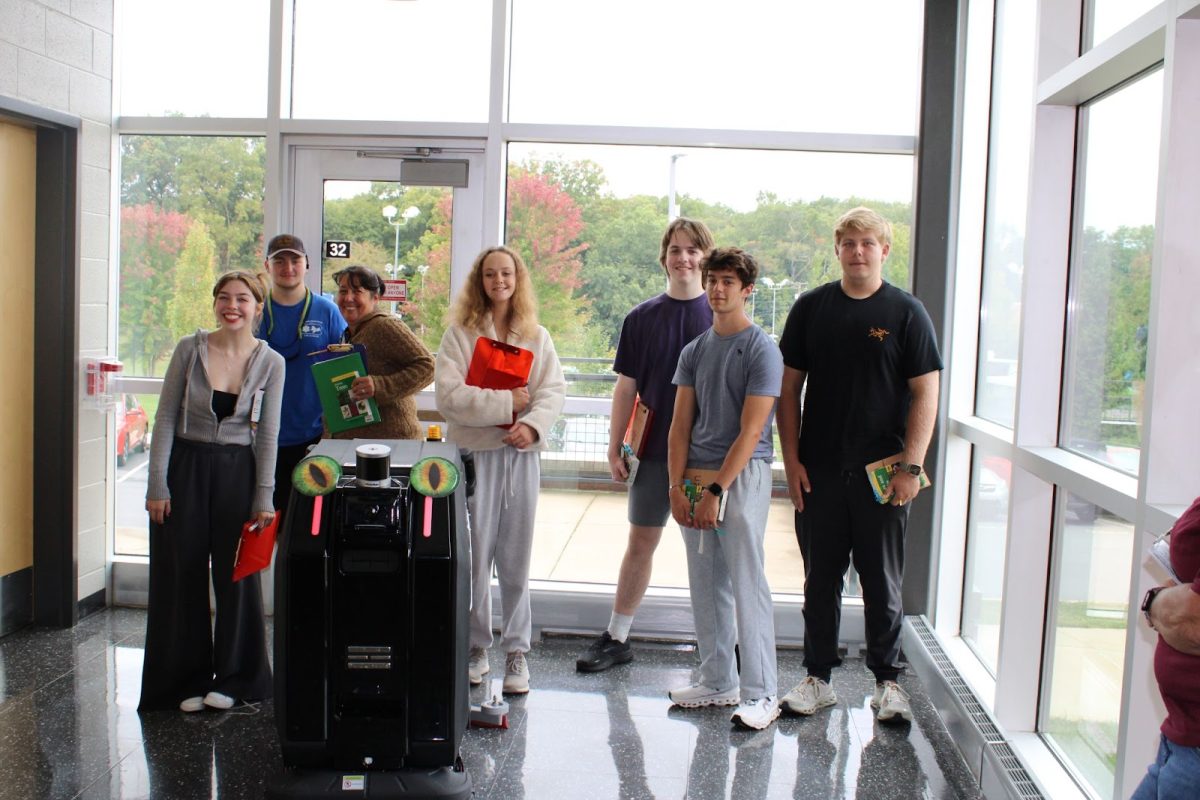On Oct. 1, the State College community was hit by something unexpected yet not shocking. That afternoon, antisemitic flyers were spread in a Borough neighborhood. These flyers espoused hateful messages towards Jewish people in general, as well as targeting specific Jewish community members. While community leaders were quick to respond, the root of the problem goes deeper.
From 2022 to 2023, there has been an increase in antisemitic events in the US, while elsewhere in the world, these events are decreasing. Specifically from 2021 to 2022, there was a 35% increase in antisemitic incidents, and this is evident in communities like State College now having to deal with these type of incidents.
The number of incidents is at an all time high and is unlikely to decrease any time soon. While this event in State College took place prior to the Israel-Hamas conflict, the conflict has placed Jewish people into the world spotlight, even though most of them have no connection to the Israeli government. The overall increase of antisemitic incidents is frightening, and has become even more frightening in recent weeks.
Following the State College incident, local leaders, including Centre County Commissioners, Borough Council candidates, Borough Council members, and State College Mayor, Ezra Nanes, strongly condemned the incident. Despite this reaction, as well as reporting by many local news organizations, many community members were unaware of the incident.
“I didn’t really know about it until you brought it up. I think that it’s difficult and there’s already a lot of stuff going on and people are focused on so much other stuff going on in the world,” Senior Eva Wilf said. “I guess like, personally, it would have been nice to see a little bit more someone like someone talking about it, but I also understand why it wasn’t as strong.”
While leaders tend to quickly condemn this type of event, whether it is racism, xenophobia, or antisemitism, the conversations tend to be short-lived, so people forget about the event just as quickly as they first learned about it.
This is counterproductive. In order to create sustained change, we need sustained conversations regarding these issues.
“My first thought is that [antisemitism] has just been so prevalent throughout history, that it just keeps coming up. Like our whole history has been like persecution, essentially,” Wilf said. “I think at a certain point, people start talking about other things. I think we see it in with other major events like school shootings when people talk about it for a few months, and then it goes away.”
In the scheme of things, a relatively small incident like the one in State College may seem insignificant with everything else going on in the world. But this should not at all reduce its impact. Small incidents like this are a part of the bigger picture of increasing antisemitism and cannot be ignored.
Conversation and education are the main paths to addressing this. Local members of the Jewish community have experience with this. Aaron Kaufman is the Penn State Hillel director, where he works with the Penn State Jewish community for both community building as well as education.
“I think the most important thing is education and training and awareness raising around on all kinds of indifference, right, not just antisemitism, but also, you know, intolerance of any kind does not have a place in our community,” Kaufman said.
Education can come from a variety of sources. Reading the news is a great start—as mentioned earlier, the antisemitic incident in the Borough was initially reported on by many local news organizations. But, people can also do research themselves, whether it’s about history, problem-solving, or whatever else piques their interest. Local organizations also can provide education, this can range in broadness.
Along with education comes conversations. We need these conversations, even if it is daunting. It can be difficult to pay attention to everything going on in the world, especially if it does not directly impact you, and it is even harder to engage in conversations about everything. It is hard, but it is possible.
We should continue in condemning acts of hate, whether they occur at a community, national, or international level. This goes for all groups—we cannot be selective in who we support, as this lessens support for everyone. Solidarity is an effective way of sustaining conversation.
“We organized a vigil [in early October] that had about 1000 people at it. Not everyone that was in attendance was Jewish,” Kaufman shared. “In the immediate aftermath of the attack in Israel, our team at Hillel reached out to the the Muslim Student Association on campus, to check in on them because we know that there is a higher likelihood of people being targeted from that community, unfortunately, as a result of everything happening, just as there is in our community, and so we’re trying to build bridges wherever we can to help bring people together in that way.”
As we near the end of 2023, let’s continue building these bridges and supporting communities. Change will not come if we do not work together by reaching out, educating, and keeping these conversations alive. Hateful incidents seem unfortunately just like a part of everyday life now, and change will not come unless we address them as something that should not be this way.



